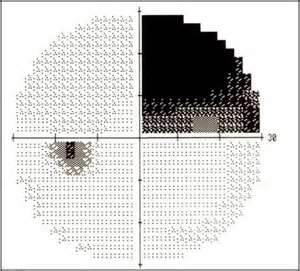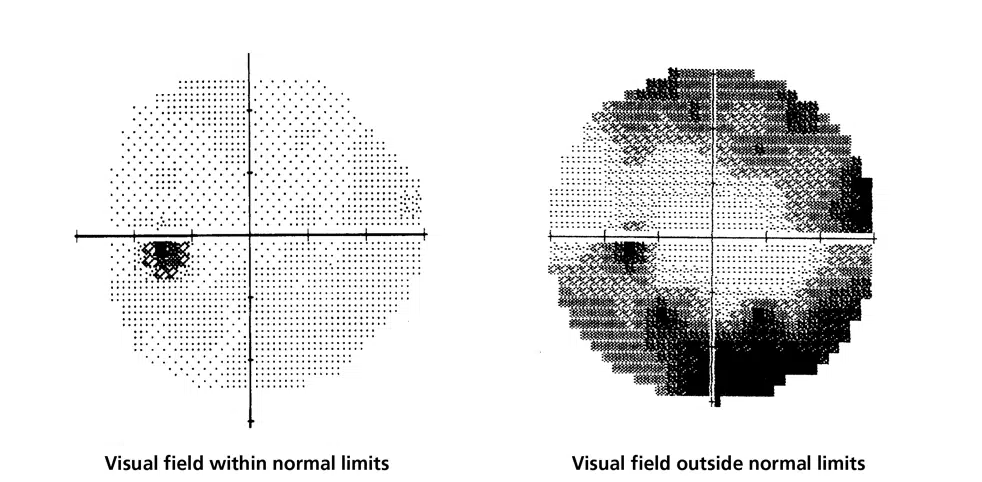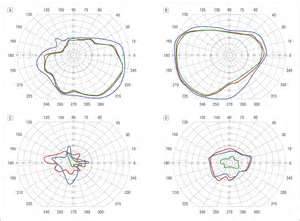How long should a visual field test last?
In general a visual field test takes a few minutes, however there are a variety of tests that depend on different factors such as the presence of a known condition, the ability to maintain concentration, and the goals of the eye doctor for the use of the test.
The length of the test may depend on the patient's ability to sustain concentration for extended periods of time. A longer visual field test is advised if the patient can tolerate it, whereas if the patient has trouble concentrating for five minutes but can manage two minutes, a shorter test would be best for them.
In case you are already suffering from vision loss or your vision is rapidly deteriorating, then our eye doctors will need to have the most accurate information possible. This would require a longer test to obtain more accurate information. On the other hand, if you have a very early loss of vision, a shorter test might be sufficient.
If you have early glaucoma or suspect that you have glaucoma, then again a shorter test might be sufficient for you. A standard visual field test might be more appropriate if you have more severe glaucoma and are older. Such patients should not be tested for a shorter period of time as that might produce abnormal results.








